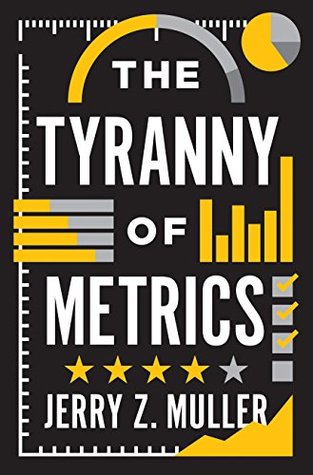More on this book
Community
Kindle Notes & Highlights
Whenever reward is tied to measured performance, metric fixation invites gaming.
Goodhart’s Law, which states, “Any measure used for control is unreliable.”10 To put it another way, anything that can be measured and rewarded will be gamed.
Measuring inputs rather than outcomes. It is often easier to measure the amount spent or the resources injected into a project than the results of the efforts. So organizations measure what they’ve spent, rather than what they produce, or they measure process rather than product.
Taylor also advocated an elaborate system for monitoring and controlling the workplace.10 His goal was to increase efficiency by standardizing and speeding up work on the factory floor to create mass production. Specialization and standardization of tasks, recording and reporting of all activity, pecuniary carrots and sticks—these were the legacy of Taylor and his disciples to subsequent generations. Taylorism was based on trying to replace the implicit knowledge of the workmen with mass-production methods developed, planned, monitored, and controlled by managers.
A strange, egalitarian alchemy often assumes that there must be someone better to be found outside the organization than within it: that no one within the organization is good enough to ascend, but unknown people from other places might be.
Many of the problems of pay-for-performance schemes can be traced to an overly simple, indeed deeply distortive, conception of human motivation, one that assumes that people are motivated to work only by material rewards. For some are motivated less by extrinsic monetary rewards than by various sorts of intrinsic psychic rewards, including their commitment to the goals of the organizations for which they work, or a fascination with the complexity of the work they do, which makes it challenging, interesting, and entertaining. The existence of intrinsic as well as extrinsic motivations is
...more
A 2006 survey of more than two hundred human resource professionals from large companies found that “even though over half of the companies used forced ranking, the respondents reported that this approach resulted in lower productivity, inequity, skepticism, decreased employee engagement, reduced collaboration, damage to morale, and mistrust in leadership.”


